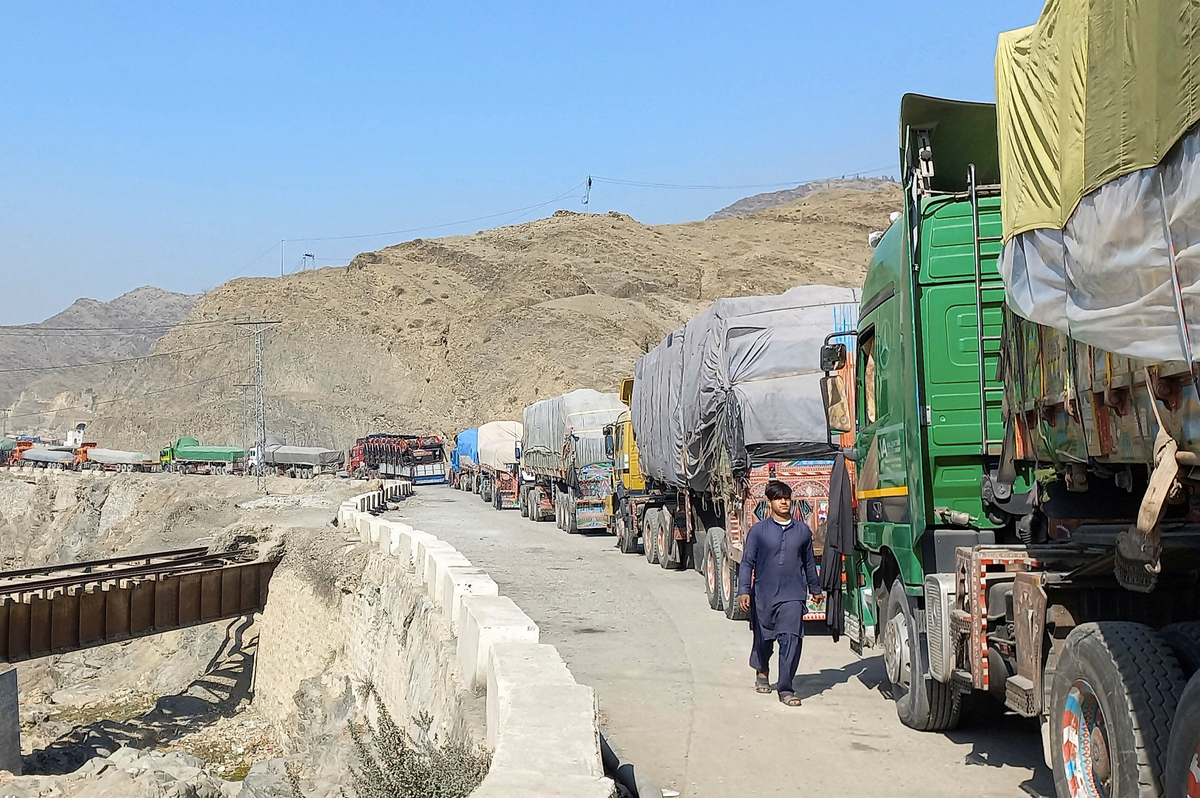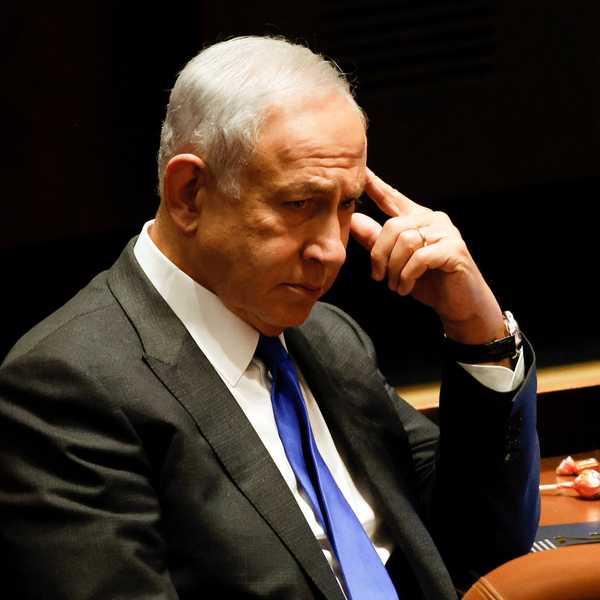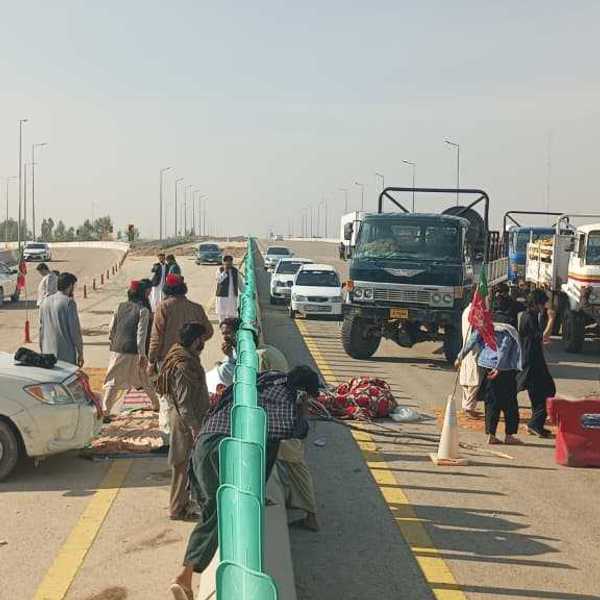Kabul bans Pakistani pharmaceuticals, escalating trade tensions
Afghan Deputy PM Baradar warns traders to find alternatives, criticizing Pakistani medicines and demanding trade guarantees

Kamran Ali
Correspondent Nukta
Kamran Ali, a seasoned journalist from Khyber Pakhtunkhwa, Pakistan, has a decade of experience covering terrorism, human rights, politics, economy, climate change, culture, and sports. With an MS in Media Studies, he has worked across print, radio, TV, and digital media, producing investigative reports and co-hosting shows that highlight critical issues.

A man walks past trucks stranded at Pakistan’s Torkham border after a Taliban closure.
Reuters/File
Kabul has intensified its trade standoff with Islamabad by announcing a complete ban on imports of Pakistani pharmaceutical products, declaring such trade illegal within three months. Analysts suggest the move could be a prelude to a broader suspension of bilateral commerce between the two neighbors.
Mullah Abdul Ghani Baradar, Afghanistan’s Deputy Prime Minister for Economic Affairs, instructed traders to secure alternative supply routes, warning that businesses relying on Pakistan’s transit corridor beyond the deadline will receive no government support. “Medicine from Pakistan is neither effective nor of good quality,” he claimed.
Baradar further demanded that Pakistan provide firm guarantees to ensure trade routes remain open if cross-border transit is to be restored.
The announcement follows weeks of intermittent border closures that have already cost traders millions of dollars and deepened tensions over political and security disputes, including cross-border militant activity.
Pakistani industry denies allegations
Pakistan’s Chemists and Druggists Association swiftly rejected Kabul’s claims, warning that such a ban would harm Afghanistan’s citizens. Nasir Uddin, Vice Chairman of the Association, told Nukta that Afghan accusations are unfounded and politically motivated.
“We supply products from multinational companies that follow all required testing and inspection protocols and are registered with the health ministry,” he said, noting that Afghanistan also performs its own quality checks before importing medicines.
Uddin highlighted that Pakistan exports the same pharmaceutical products to African countries like Somalia, Ethiopia, and Sudan — none of which have ever raised quality concerns. “Afghanistan has used these products for years; why are these accusations surfacing now?” he questioned.
He added that Pakistan exports brands such as Abbott, AGP, and Searle, which Afghanistan would struggle to replace with Indian or Iranian imports. “India is reluctant to supply high-quality medicines, while Iranian products are nearly twice as costly. Pakistan meets around 50 percent of Afghanistan’s pharmaceutical needs, and past experiences with India and Uzbekistan have failed,” he said.
Economic fallout across borders
Shahid Hussain, Chairman of the Pakistan-Afghanistan Central Asia Trade Promotion Committee, warned that Afghanistan’s increasingly hostile stance is disrupting trade regionally. “Pakistan is losing over Rs1 billion per day, while Afghanistan’s losses are almost double due to spoiled perishable goods and restricted access to Pakistan, its largest market,” he said.
Hussain emphasized that Afghanistan cannot easily replace Pakistani trade. “Pakistani goods are cheaper, traders are familiar with established routes, and transport costs are lower due to proximity. Pakistan exports around 260 products to Afghanistan, including textiles, construction materials, medicines, rice, and seasonal fruits, while its imports from Afghanistan are limited mainly to agricultural goods, coal, and minerals.”
Shamim Shahid, an expert on Pakistan-Afghanistan trade, noted that bilateral trade, which once reached $3 billion in 2005, has declined to roughly $700 million due to repeated border closures. “Trade is declining, but tensions are worsening, putting lives at risk. Both sides need to resolve the issue before it escalates further, or Afghanistan will face greater economic losses,” he warned.
Rising tensions and border clashes
In response to Baradar, Pakistan’s Defense Minister Khawaja Asif suggested that Afghanistan’s move could be a “blessing in disguise”, arguing that reduced cross-border traffic could help curb terrorism and improve border management.
The standoff follows a series of explosions in Kabul on October 9, which prompted Taliban forces to launch attacks along Pakistan’s border regions. Islamabad retaliated with cross-border shelling, causing casualties and infrastructure damage on both sides, before shutting border crossings on October 12.
Since then, Pakistan and the Taliban government have held multiple rounds of negotiations in Qatar and Turkey, though no tangible progress has been reported. Analysts warn that unless the deadlock is resolved, trade and regional stability could face prolonged disruption.







Comments
See what people are discussing